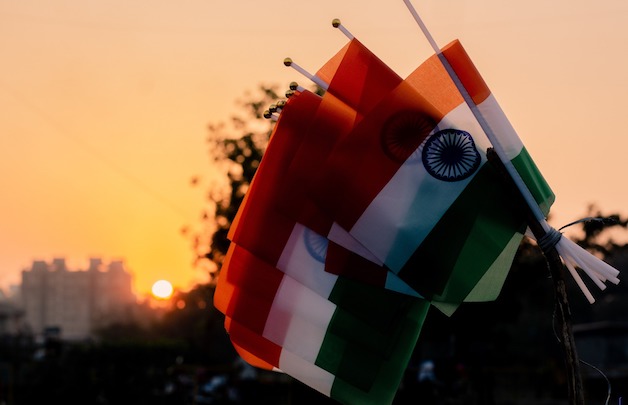
Blog by: Moumita Barman
Opinion Article by: D. Shyam Babu, Senior Fellow at the Centre for Policy Research, New Delhi.
Note to our readers: To read the full article and delve deeper into the engaging discussion, you will need to keep an eye on our website for the release of our latest book named “Citizenship and Beyond: New Challenges for the Indian Muslims.” The book will be available for purchase on our website and other popular online platforms, and it promises to be a thought-provoking read that will challenge your perceptions and broaden your horizons. So, stay tuned for future updates. You will also find the previous publication on the theme of citizenship through the link below.
Link: CITIZENSHIP CONTEXT AND CHALLENGES
Fraternity, one of the values championed by the French Revolution, has often been overlooked in discussions about democracy. In an opinion piece by D. Shyam Babu, a Senior Fellow at the Centre for Policy Research, New Delhi, published in their recent publication, the unique contribution of Dr. B.R. Ambedkar in inserting 'fraternity' in the Preamble to the Indian Constitution is discussed, along with its relevance in today's context.
The article begins by highlighting Dr. Ambedkar's concerns about the viability of India as a nation if fraternity was not fostered among its diverse social groups, as expressed in his final speech to the Constituent Assembly of India in 1949. The author notes that this lack of fraternity is not unique to India, but is also evident in other countries like the United States, where there is a sense of brotherhood among white individuals, but a disconnect with minorities.
The author further points out that Peter Sack has posed six important questions regarding fraternity, including its importance, achievability, relationship with liberty and equality, ideological commitment, adequacy of social and legal technology, and hindrances in institutional and process creation. These questions highlight the complexity of fraternity as a value and its significance in building a cohesive and inclusive society.
The article then delves into Dr. Ambedkar's conception of fraternity, as articulated in his various writings and speeches. He envisioned an ideal society characterized by mobility, free communication, and sharing of interests among its members, with varied points of contact with other modes of association. Dr. Ambedkar believed that fraternity is a crucial element of democracy and is essential for the principles of liberty and equality to become a natural part of society. He argued that fostering fraternity among India's diverse communities was the solution to building a united and inclusive nation.
The author argues that fraternity, as conceptualized by Dr. Ambedkar, is not limited to a mere written law or political arrangement, but is a societal obligation. It promotes unity and oneness among all members of society, transcending differences of caste, religion, language, and ethnicity. The author contends that India is still not a nation because fraternity has not been adequately emphasized and promoted, and calls for a renewed focus on fostering fraternity at the local level.
The article also highlights how political mobilizations and power arrangements often end up dividing society instead of promoting fraternity. Political entrepreneurs may create divisions among different groups in society for their own gain, which ultimately works against the welfare of specific groups and the country as a whole. The author argues that fraternity, state formation, and nationhood are not necessarily linear stages, and that heterogeneity in societies can pose challenges to achieving fraternity and nation-building.
In conclusion, the author emphasizes that fraternity cannot be legislated by the state, but is everyone's responsibility. The author calls for introspection at the local level and encourages readers to reach out to others with empathy, connect with the larger society, understand and address the grievances of others, and participate in groups or initiatives that promote bonding and mutual help. The author suggests moving away from grand all-India projects and focusing on local efforts to promote unity and brotherhood in society.
In today's world, where divisions and conflicts based on various social differences are rampant, Dr. B.R. Ambedkar's ideal of fraternity holds immense relevance. Fostering a sense of brotherhood and unity among all members of society is essential for building cohesive and inclusive nations. It is a societal obligation that requires efforts at the local level, transcending differences and promoting empathy, understanding, and mutual respect. Only through fostering fraternity can we ensure that democracy thrives, and the principles.
